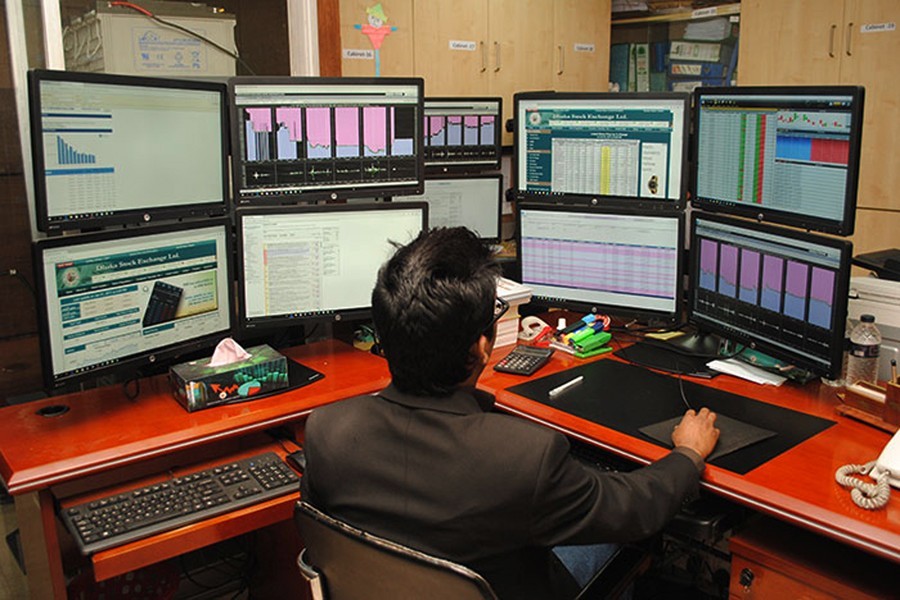The central bank has issued a policy, which will indirectly encourage banks to boost investment in listed securities to keep the risk within limit, officials said.
Under the policy, the banks have been ordered to comply with the existing regulations for transactions with people involved in banks, according to a notification issued by the Bangladesh Bank (BB) Sunday.
"We've issued the policy to encourage the banks to invest in listed securities. This will help bring stability in the capital market," a BB senior official told the FE.
The Bangladesh Bank has taken the measure to minimise risk, limiting banks' exposure to non-listed securities, the central banker explained.
Non-listed securities cover equity shares, non-convertible cumulative preference shares, non-convertible bonds, debentures and open-ended mutual funds.
The banks will have to submit reports on the investment in non-listed securities on a quarterly basis to the Department of Offsite Supervision (DOS) of the central bank on the 10th of the following month.
Earlier, the central bank had deducted banks' investment in non-listed securities from the calculation of their capital market exposure.
"We had taken the decision to help the banks increase their investment capacity in the capital market," the central banker added.
Under the exiting provisions, the market value of total investment of a banking company in the capital market on consolidated basis will not exceed 50 per cent of the sum of its consolidated paid-up capital, balance in share-premium account, statutory reserves and retained earnings as stated in the latest audited financial statements.
But the banks are now allowed to invest up to a quarter of their total capital in the share market in line with the Banking Companies (Amended) Act 2013.
According to the Banking Companies Act 1991 (Amended 2013), total capital comprises four components: paid-up capital, balance in share premium account, statutory reserves, and retained earnings - as stated in the latest audited financial statements.
While calculating total investment in share market, different components, including all types of shares, corporate bonds, mutual fund units and other capital market securities, will be taken into account.


